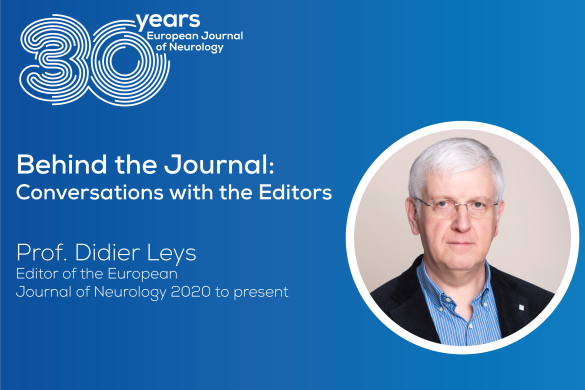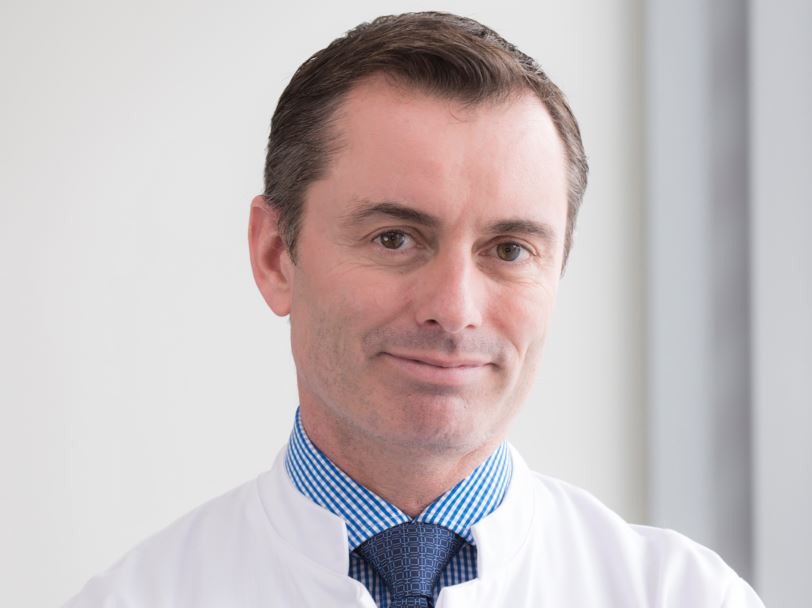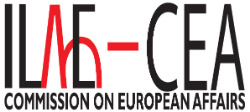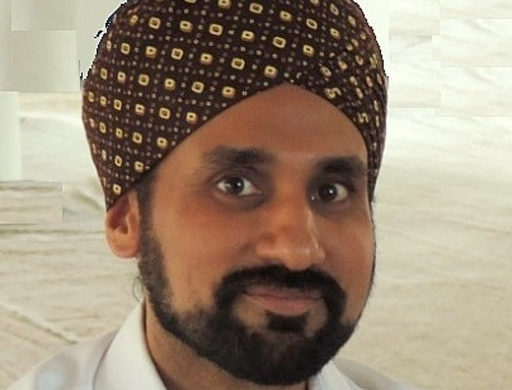Alan J. Thompson is Dean of the Faculty of Brain Science at the University College London and the first ever recipient of ECTRIMS Award of Honorary Membership 2012
Gian Luigi Lenzi (GLL): What are the recent achievements in the diagnosis of MS? and of the different clinical presentation of MS?
Alan J Thompson (AJT): The incorporation of MRI to supplement the clinical diagnosis, by excluding other conditions and providing evidence for dissemination in both time and space continues to add to the speed and accuracy with which we now make a diagnosis of MS. The two latest iterations of the McDonald criteria have served to both simplify and improve the clinical usefulness of the criteria. This is particularly important in an era when we have useful treatments that may be most effective when started early in the course of the condition.
GLL: The therapeutic panorama is presenting to the patients the option between injective therapies or oral ones. How is this influencing the patient choice beyond the efficacy of the treatment?
AJT: It has been extraordinary to see the explosion in the number of new treatments for the relapsing/remitting form of MS. The emergence of more effective treatments and the increasing number of oral agents that are coming on to the market means that there is greater choice and that more care and thought has to be given to possible treatment algorithms. As more options become available, the issues for the patients also become more challenging and their need and requirement for a high level of information to make an informed decision. This can be compounded by the fact that many new agents will have different criteria for prescription in various countries and indeed in some countries the newer agents may not be readily available or their cost may be financially prohibitive.
Inevitably, the majority of patients would prefer an oral agent, provided it has proven efficacy and a good side effect profile and it will be important to make these available to all our patients as quickly as possible.
GLL: What is happening when a patient decides to stop this kind of new therapies?
AJT: I think it is important to remember that these new therapies are only one part of the story – albeit a very important part. The management of a condition like MS requires an active and holistic approach which includes a healthy lifestyle, exercise an appropriate diet, low in saturated fats. The approach to medication should be sensible and logical but if a patient opts to stop taking any of the available agents it makes other aspects of management all the more important.
GLL: What is your personal evaluation on the proposed interventional therapy on CCSVI for the treatment of MS?
AJT: I have always have had difficulty understanding the pathological rationale underpinning this approach to the treatment of MS and as a result was rather sceptical of the initial highly positive studies. However as this approach was very strongly supported by the MS population in some countries such as Italy and Canada, it was important that it was explored thoroughly. It was very encouraging to see how the international MS community came together to fund fundamental research into the area and to carry out larger studies looking at potential mechanisms of action. This allowed us to come to an answer quickly while minimising the use of research funds.
GLL: Any other comment that you would like to do on the “up to date” panorama of MS.
AJT: One of the most important recent developments, with which I have been privileged to be involved, is the International Progressive MS Collaborative. This initiative raises, for the first time, the profile of this most disabling form of MS while encouraging a more joined up research strategy. It has been the brainchild of a number of MS Societies (Italy, Canada, the Netherlands, UK, USA and the MS International Federation) and its ultimate goal is to accelerate the discovery of new treatments for Progressive MS. It is hard to think of a more important issue in the field of MS.
GLL: Thank you for your time!









